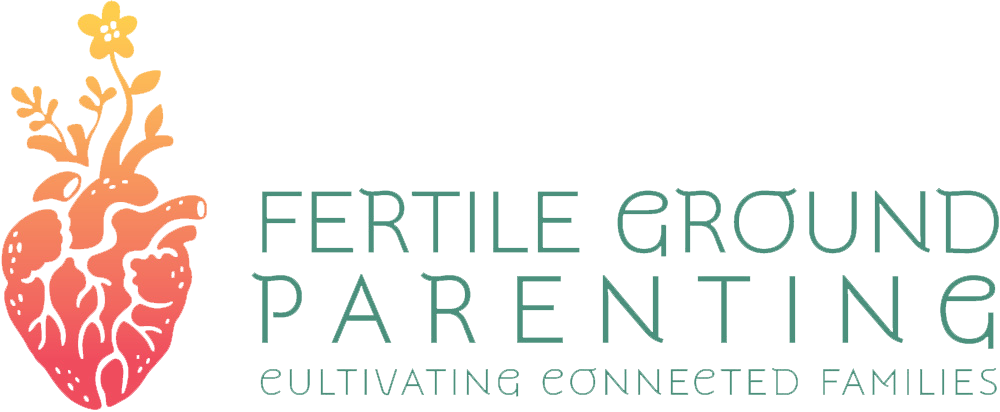It’s hard for us—just like it was for our parents—to know how to allow rough-and-tumble play. For one thing, many of us never did it—either because it was stopped by our parents or, in some cases, because we were raised as girls, and “girls don’t roughhouse.”
This post will help you learn why roughhousing —when we do it WITH our kids—can be such a great thing to try. And it will help you get started (and keep going!) in a way that is safe and helpful for everyone.
Read moreWe’re about a month into a move from the US to Spain, and I’m using all my parenting tools to get through it. It’s been hard on me, and on my husband. But our 9-year-old is having the hardest time by far.
In this post, I’ll talk about one tool I’m finding particularly useful as we navigate the inevitable ups and downs of parenting a deep-feeling kid in the midst of a big transition.
That tool is play, or playfulness.
Read moreWe can find joy again in a thing that has felt so much like a “have-to” this year, especially in recent months.
So, here’s my suggestion. Let’s find a way to play in our parenting again, and see if we can do more than just “make it through” the holidays and the end of this very strange, very trying year.
Read moreAs I’ve written about before, play is so much more than meaningless fun for kids.
Just as independent play is an important part of your child’s development, play with you facilitates a greater bond between you and your child, and deepens his trust in you.
Play is one of the main ways our kids connect with us—their most important grownups. It offers your child some of the warmth and closeness he needs a good healthy dose of daily.
In addition to all of these benefits, play is also an amazing tool to help increase our kids’ cooperation, improve their behavior, and decrease the struggle that we often face with everyday tasks.
Read moreI often say to parents that play is like the blood that runs through your child’s veins. He absolutely thrives on it—in fact he needs it to grow, develop, understand the world, and process his experiences.
Play helps your child discover what he can do, as well as what he can’t (yet) do. It gives him a chance to experiment (will this ball fit into this container? How about this one?), to practice building his skills (if I jump off this sidewalk 100 more times, I will do it without stumbling!), and through this process of discovery, experimentation, and practice, develop his self-confidence.
Read moreNew parents often tell me that they struggle to get any kind of self-care once their baby arrives. I can relate—after my son was born I felt totally disconnected from the habits that had nurtured me before his arrival.
Here’s a little secret. One of the best things you can do for your young baby also comes with a bonus: it’s self-care for you, too.
That thing that is so good for both of you is simple (and yes, hard too): put your baby down.
Read moreRecent studies have shown that parents are spending more time with their kids now than they did half a century ago—a lot more.
This is cause for celebration in my book, but I must admit that it leaves me with a bit of a nagging question.
What is that time really like?
Read more“What do I. . . DO with her all day?”
A slightly baffled mom asked this question about her newborn baby in a RIE® parent-infant class. We all laughed—including her—but I also knew part of her was very serious.
No parenting class had prepared her for this part of being a mom. After the diapers, feeding, bathing, dressing… what was she supposed to do with the kid?
If you’ve ever wondered this about your baby, you’re not alone.
Read moreI happen to know that my child is not the only one who resists the normal, everyday aspects of his existence with a kind of endurance that would be admirable were it not so darn aggravating.
Here are a few tips for managing your child’s resistance respectfully, and with an eye toward deepening her sense of connection (which—you guessed it—also can help lessen the resistance). All of these tools work well with babies, toddlers, and older children as well.
Read moreYou may have heard about the Educaring® Approach, or RIE®—sometimes called “respectful parenting”—on the playground or from a friend who is a parent. But what is RIE® really all about? Is it right for your family?
Magda Gerber, who founded RIE®—which stands for Resources for Infant Educarers—believed that babies are whole, capable people deserving of our respect from the moment they are born.
Read more
